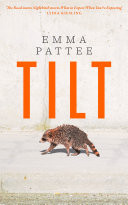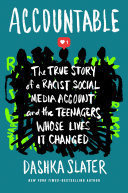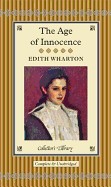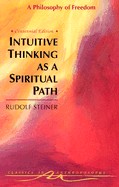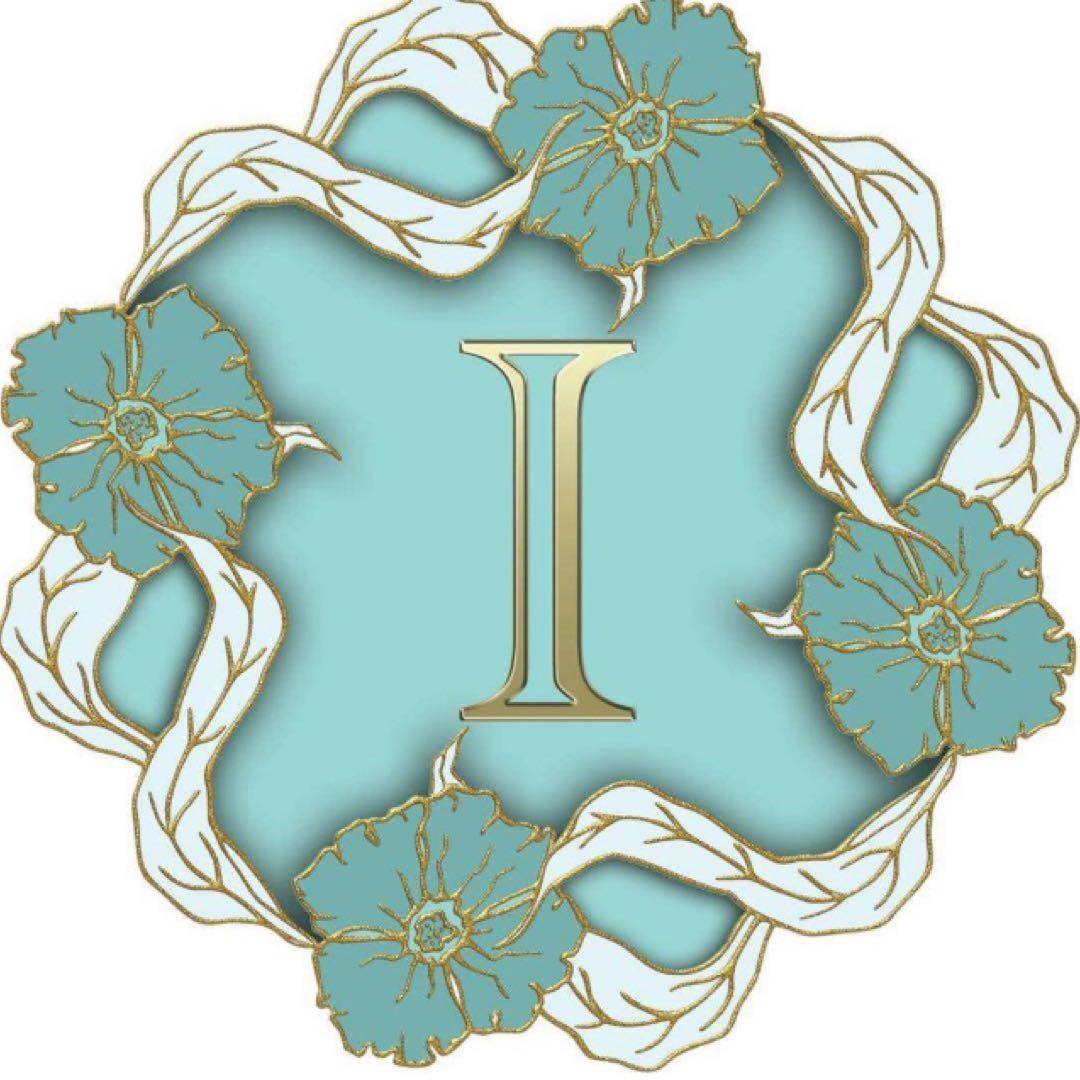
One of the foundational books in Rudolf Steiner‘s philosophy, this book explores practices that can help a person to develop greater clarity and inner freedom. #alphabetgame #letter I @Alwaysbeenaloverofbooks
Alwaysbeenaloverofbooks Thank you for playing! 3y
26 likes1 comment







